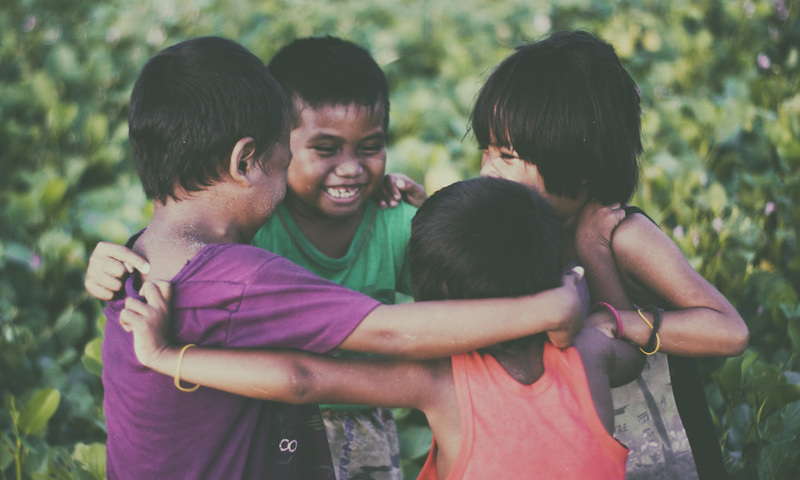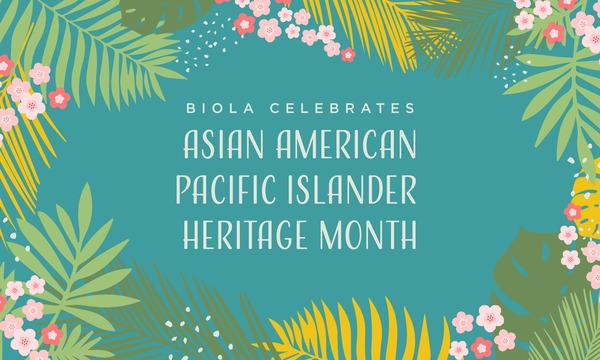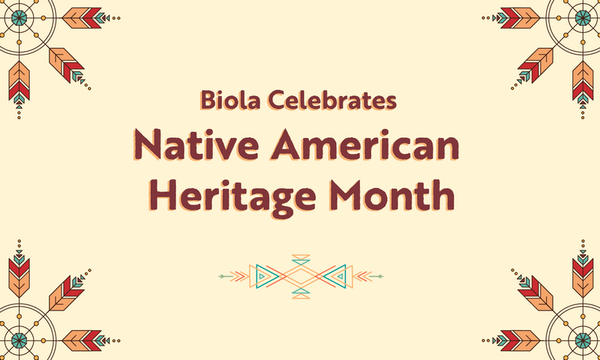As a way to continue the conversations in The Biola Hour, we've invited Sam Gassaway to blog her thoughts after each episode. This is a response to Episode 32 on cultivating community found here. Feel free to interact with Sam's thoughts in the comments below or on Twitter (@sgkay47).
There are many kinds of relationships human beings are capable of investing in. Our relationship with ourselves is the first. Relationships with family comes next. The third was the focus of our Biola Hour guest’s topic this week: friendships. Jamie Sanchez of Biola’s ICS master’s program spoke in depth about the human need friendships supply.
The dynamic of friendships adjusts and adapts depending on many elements in the human experience. Our respective cultures and histories affects how we interact with people as well as the needs we have as individuals. But, by and large, the struggle with relating to people is rooted in the need for people to relate to us first.
“Do unto others as you would have them do unto you.” —Luke 6:31
Okay. So if you need someone else to take the first step and take risks of vulnerability to enter a friendship with you, perhaps you should take the first step next time. This also suggests rejection is possible in friendship—often this response is reserved for romantic advances.
Vulnerability and rejection, hurt and reconciliation, intimacy and distance. These are all potential relationship statuses for friendships. This is why betrayal from a close friend can often cut deeper and heal slower than any romantic relationship could.
This also plays into the dynamics male and female friendships illicit. Men are often hard-wired to believe vulnerability means weakness just as much as women are told hurt is expected in friendships. For this reason, women engage in deeper, more meaningful and fulfilling friendships than men ever do.
It is also for this reason that men feel more connected to any woman they begin a romantic relationship with than their lifelong friends. Ask men who have been married for years: their spouse is often the most important relationship in their lives, beyond their relationship with friends or even themselves.
Friendships take different forms in different contexts, but self awareness and friendship with oneself is by far the most important relationship we can foster. As Christ-followers, this means uncovering the sides and facets of ourselves He divinely and providentially wove within us from the beginning. Loving ourselves is a mandatory step in learning to love others. They cannot exist without the other, as we are intrinsically community-oriented, relational beings.
One of the hardest roads down which we are called to travel is being friends with ourselves. Learning to forgive, reconcile, and eventually love yourself as God loves and forgives you is the most challenging step in the process of having healthy friendships with others.
At the end of the day, hating yourself only ever hurts you. When other people get involved, they often get caught in the crossfire. For no one else’s sake, love yourself for the people who love you. Perhaps you’ll learn to love yourself for you in the process.
 Biola University
Biola University




.jpg)